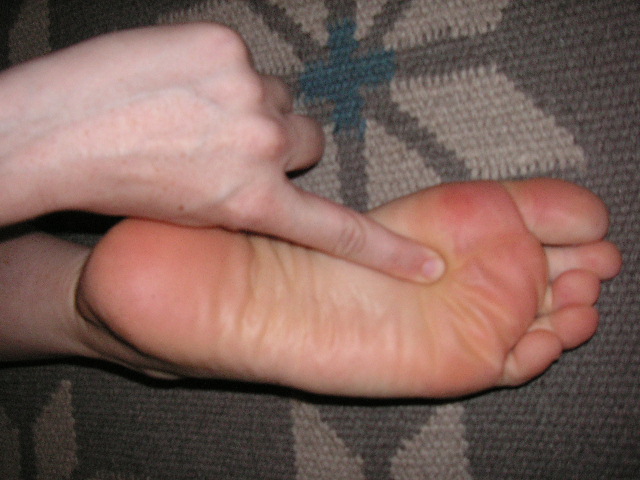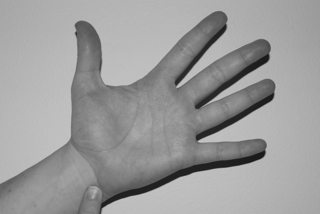
There’s no denying it. So often, there is fear in the birth room.
The birthing mother can feel fear. Her partner can feel fear. Her family and birth support team can feel fear.
Of course, as a Midwife, you too can feel fear in the birth room.
Unfortunately, in our culture the experience of birth is often heavily dominated by fear and trauma. The action of fear in the human body can have a significant impact on wellbeing. During birth, fear can hinder progress and even stop labour from progressing.
Yes, as a Midwife you too are vulnerable to fear in the birth room. But you also have the opportunity to turn the fear around and offer deep reassurance and comfort before, during and after birth.
I asked Naomi Abeshouse what she had to say on this topic. Naomi is a Doula who has been present for many births. She has also worked with survivors of trauma and torture for the past seven years.
Fear is often present in the birth room. What can a Midwife or Doula do if she is feeling triggered by birth fear?
There are different types of fear.
- Rational fear – When it’s a direct response to an objectively dangerous situation. You or someone else is at risk of harm.
- Emotive fear – When the level of fear is disproportionate to what’s happening. This is usually when you or another are reacting to historic events.
Regardless, the body is reacting in the same way. We go into flight/fright, our adrenalin surges, our breathing and muscles become contracted.
In Chinese medicine, during states of fear, our Kidney energy is depleted.
When the fear is rational from an emergency situation, you need to kick into gear – call the code, get support in, run to get the meds etc.
When the fear is less rational, you have been triggered by your client’s or a colleague’s anxiety, or by your own past traumas. This is the time to call in some mindfulness – slow down, notice how the fear is affecting your body, your breath. If you can find a moment, put some pressure on your KD-I 1 and HT-7 acu points (see images below).

Acu Point KD-1

Acu point HT-7
A very important thing is to make time to switch off. When we are overly exposed to trauma – for you Midwives, this is a common occurrence – the fear/adrenalin response is triggered often. But is it turning off, too? Or are you living in a constant state of autonomic arousal? How would you know?
One of the best ways that we women turn off our triggered fear is through connection, particularly connection with other women. We seek each other out for hugs and chats (debriefs, reflections, cuppas and laughs).
Make time for each other as colleagues. Drop any shame about what you are feeling, and what you think you should feel – whatever you feel is perfect and fine. Be kind to each other with openness and without judgement. You are each other’s best medicine!
What could a midwife suggest to the birthing woman or the woman’s partner when fear in the birth room is great?
Guided meditation
Using the breath, visualisation or sound. Help the Doula/birth partner discover what works best for this woman and then teach them how to continue with the guidance.
Acupressure
Using any point helps the mother feel more supported, loved and cared for. Where fear is heightened, KD-1 is really useful (see image above).
Energy down
When we feel fear, our energy tends to want to rise up and away. We look for ways to run away from the pain and fear.
Helping her stay grounded – literally – is important. This is one of the reasons that KD-1 works – because it is on the lowest point on the body and connects us with the earth. Also, taking a moment to move to her feet to talk to her forces her to look downwards to talk back to you, and moves her energy a bit downwards.
Don’t underestimate the power of your presence
Maintain eye contact and speak strong words of reassurance. Sometimes they are not perceiving the situation accurately, they don’t understand what is happening. Providing a simple explanation, normalising their feelings and what is happening is powerful. For you it may seem obvious, but for them it’s all new!
How would you suggest a Midwife or Doula checks in on herself to see how affected she has been by fear in the birthing room?
Know yourself before you enter the room. Get to know your triggers, and how you react.
When many of us feel tension, our shoulders contract and lift upwards, our gluteal muscles tense, our jaw clenches, our forehead scrunches, our heart feels tight and fluttery, our thinking is fuzzier or super clear.
In the moment, if you need to remain present and engaged with your client, focus in on them. Notice the quality of her voice, the colour of her skin, the details of her eyelids, where she is holding tension in her body.
Often, doing the breathing with her as you guide her can really help you keep calm too, or return to calm. The simplest one that I draw upon in the birthing room is guiding her to slow the breath down, and extend the exhalation longer than the inhalation.
When you are using acupressure, really focus on the feeling in your thumb and feel the subtlety about what is happening underneath your thumb. It is gleaning information about the right pressure for her, and the right point. Watch the effects of the point on her breath, her body as it relaxes into what you are doing.
How does fear affect our Qi, according to Chinese medicine?
As acupuncturists, we say that fear scatters Qi (energy/life force) and is governed by the Kidneys.
I feel that it is great shock that has the impact of scattering Qi. However, a lower grade fear and anxiety involves the Liver. If you are in a constant state of nervous tension, this depletes the Kidney energy and taxes the Liver.
What would you suggest for Midwives and Doulas in terms of self-preservation?
Value your rest. Slowing down, doing meditation, Tai Qi, Qi Gong, yin yoga, and taking some beautiful ambles through nature can help to restore your Kidney energy.
Overnight shifts or births further deplete your Kidney energy, as does long time standing on your feet. Midwifery and Doula-ing is almost a formula for depleting your Kidney energy.
So be mindful of this, and know that those nights when you are pushing through your fatigue to finish your shift also require you to take the time out to recover. Make sure you remove the guilt from your rest time and consider it part of your work needs.
Speak Your Mind